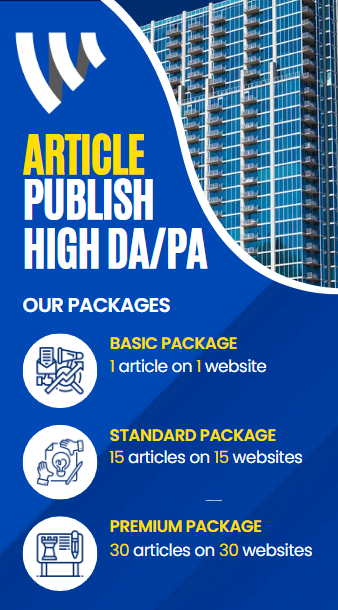You may have been alarmed by strange-looking messages alerting you to the possibility of having your account deleted or deactivated if you have been using the Meta Business Suite for advertising. Here’s how to spot when they are obviously a scam and keep your Facebook account (as well as the money in it) intact.
What is the email/message scam involving Meta Business Suite?
Five clues that it’s not real
The “Your Account will be Deactivated” scam: How to avoid it
How to proceed if you were duped by the Meta hoax
Questions and Answers – Meta Business Suite Message Fraud
What is the fraud that claims, “Your Facebook Account will be Deactivated?”
How do scams involving Facebook deactivation operate?
What is the purpose of this Facebook fraud?
Why does Meta provide urgent warnings about policy violations to business accounts?
How do the scam communications appear authentic?
What is the email/message scam involving Meta Business Suite?
Those with Facebook accounts who utilize the Meta Business Suite, for instance, to run advertisements on Facebook or Instagram, have been receiving emails resembling this (or variants) regarding the Meta Business Suite scam:
The notification notifies you that your account will soon be permanently deleted due to a violation of Meta’s community guidelines. It might say anything along these lines:
“We regret to notify you that a breach of our community guidelines has resulted in the permanent deactivation of your account.
or
“To the Administrator, Because it violates our terms of use, either your account or its actions will be terminated. If you think that this deactivation was done incorrectly, we can walk you through the process of confirming it.
You may have been alarmed by strange-looking messages alerting you to the possibility of having your account deleted or deactivated if you have been using the Meta Business Suite for advertising. Here’s how to spot when they are obviously a scam and keep your Facebook account (as well as the money in it) intact.
What is the email/message scam involving Meta Business Suite?
Five clues that it’s not real
The “Your Account will be Deactivated” scam: How to avoid it
How to proceed if you were duped by the Meta hoax
Questions and Answers – Meta Business Suite Message Fraud
What is the fraud that claims, “Your Facebook Account will be Deactivated?”
How do scams involving Facebook deactivation operate?
What is the purpose of this Facebook fraud?
Why does Meta provide urgent warnings about policy violations to business accounts?
Utilize Just One Tool to Simplify Social Media ManagementHandle all of your DMs and comments in one location.
Keep track of several accounts’ ad comments.
Automate responses to frequently asked queries.
On a PC, schedule posts to several accounts.
Examine results and keep an eye on hashtags.
Monitor your competitors.
Instantaneously generate or plan comprehensive reports.
Five clues that it’s not real
These are some indicators that the Meta Business Suite messaging hoax is actually occurring for you.
Any of the following could be included in the subject line:
“Notification: Due to suspicious activity, your Facebook account has been flagged for immediate deactivation.”
“Notification: Due to repeated violations of community standards, your Facebook account will be permanently deleted in 24 hours.”
“Urgent: Last chance to prevent account termination from Facebook for inappropriate posts.”
“We’ve seen some suspicious activity on your Facebook account, and it’s scheduled to be terminated in 48 hours. To prevent losing your profile, please confirm.
“Final Notice: If you violate multiple terms of service, your Facebook access will be revoked. Comply immediately.”
It fabricates a sensation of immediacy,
Examine the sender address; you may discover that it wasn’t sent from a valid email address that Meta utilizes to get in touch with people on Facebook or Instagram.
(But take caution—some email programs allow you to enter any sender name or address, so don’t rely solely on that for verification.)
Verifying the website address is much more crucial if you choose to click the Confirm button—which, incidentally, is not something I advise doing. Errors, misspelled words, and strange additions will indicate that the website is not authentic.
Be cautious — con artists typically imitate the design and functionality of a website to deceive victims into providing their login credentials, therefore it’s critical to check the website address.
Your personal information will be requested by the website (or phone call), but Meta will never do so in an arbitrary text message or Facebook comment.
Your whole name, email address, credit card numbers, online account credentials, and other sensitive information, such as your Facebook username and password, may be requested by the con artists. This is a blatant indication that you are going to be duped.
You should be aware of the danger of being scammed because you’re seeing this warning even if you’re sure your ads haven’t broken any rules. Of course, errors can occur and the Facebook algorithm is not perfect—just not to this extreme. Furthermore, in order to make corrections, you won’t be required to submit your credit card number or personal information.
